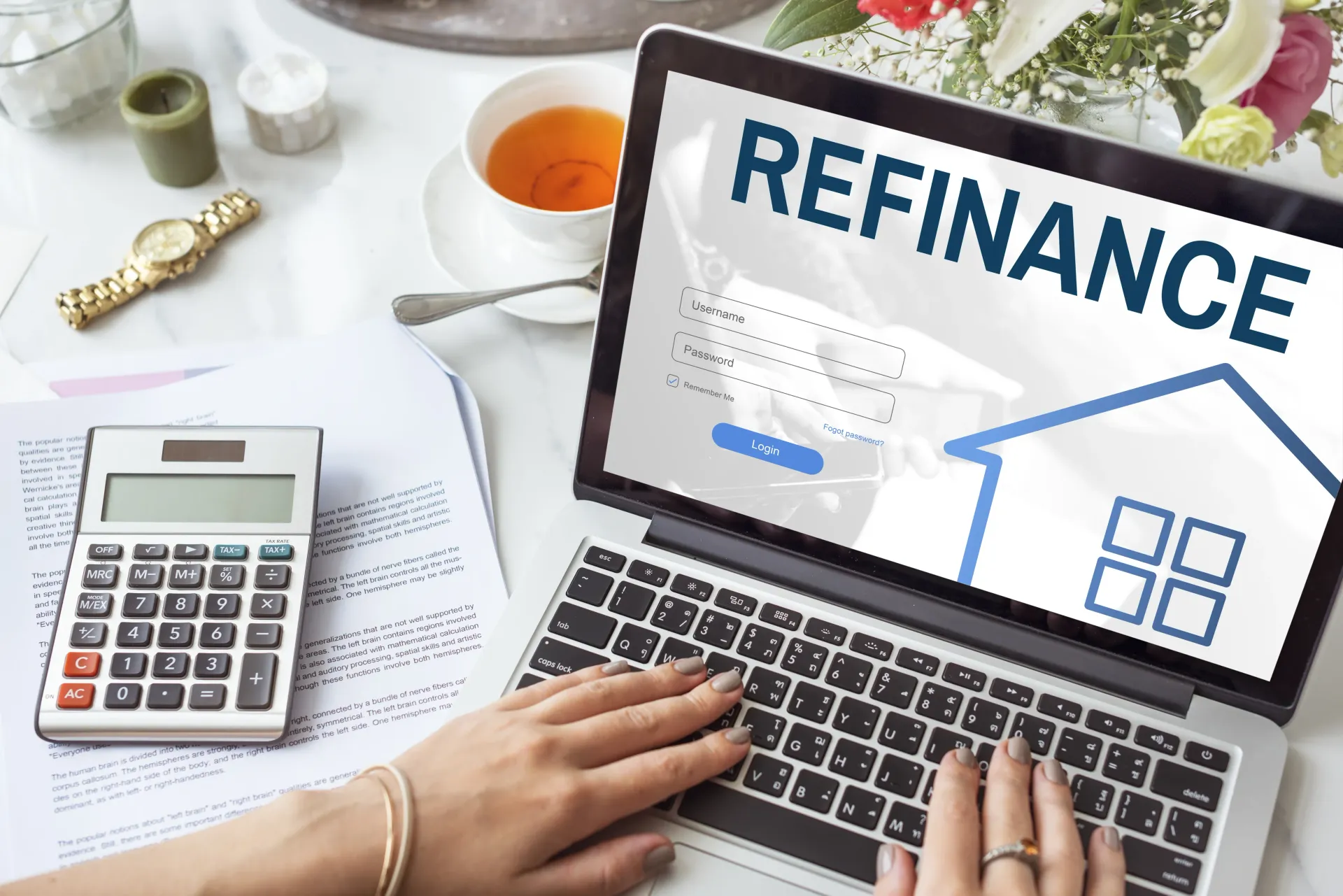Rental Property Loans: Why They’re Worth Considering for Real Estate Investors
If you’re serious about building long-term wealth, rental property loans are a game-changer. Here's why: they enable you to invest in real estate without needing all the cash upfront. This strategy, known as leveraging, allows investors to control more assets and boost cash flow.
Let’s say you have $100,000. With cash purchases, that might get you one small property. But if you use rental loans wisely, that same $100,000 could help you acquire three or four properties through financing. This increases your income potential while still keeping your equity in play. On top of that, you’ll benefit from appreciation, tax deductions, and tenant-paid mortgages—helping your net worth grow over time.

Introduction to Rental Property Loans
Rental property loans are financial tools designed to help real estate investors purchase, refinance, or renovate income-producing properties. Unlike regular home loans, which are mostly intended for primary residences, these loans cater specifically to properties that generate rental income. They’re structured to meet investor needs—whether someone is buying their first duplex or adding a 50th unit to a growing portfolio.
For many investors, using cash to acquire rental properties isn't always practical or efficient. That’s where rental property loans come in handy. These loans allow you to leverage your capital, scale faster, and ultimately earn more with less upfront investment. If you're a seasoned investor or just starting your journey, understanding how these loans work can help you build wealth through real estate more efficiently.
Understanding Real Estate Investing
Real estate investing involves acquiring property to generate income—either through rental income or resale profits. Many investors turn to residential properties like single-family homes, duplexes, or apartment buildings. The key challenge for most? Access to capital.
That’s where rental property loans make a real difference. With the right financing, investors can enter the market faster, acquire more units, and diversify income sources. Whether you're flipping homes or holding rentals for passive income, smart borrowing strategies amplify results.
Benefits of Rental Property Loans for Investors
Rental loans offer a variety of investor-focused benefits:
- Scalability: You can acquire multiple properties using loans instead of waiting years to save up.
- Cash Flow Boost: Rental income often exceeds loan payments, generating monthly profits.
- Tax Deductions: Interest paid on rental property loans is often tax-deductible.
- Appreciation Potential: As property values rise, your equity grows.
- Tenant-Paid Debt: Your tenants pay off your mortgage over time.
These advantages make financing essential in any smart real estate investment strategy.
Types of Rental Property Loans Available
Several financing options are available to investors, each tailored to different situations:
- Conventional Loans – Offered by banks with strict underwriting but lower interest rates.
- DSCR Loans – Based on property cash flow rather than personal income.
- Hard Money Loans – Short-term financing with flexible qualifications. Great for flips or quick deals.
- Portfolio Loans – For investors with multiple properties looking for custom terms.
- Commercial Loans – For properties with 5+ units or mixed-use spaces.
Matching the loan type to your strategy is key to success.
How to Qualify for a Rental Property Loan
Qualifying depends on the lender and loan type. Here's what most lenders look at:
- Credit Score: Typically 620+, though some private lenders are more flexible.
- Income & Employment: Proof of income or strong rental income history.
- Debt-to-Income Ratio (DTI): Lower DTI improves approval odds.
- Down Payment: Usually 15%–25% of the purchase price.
- Property Analysis: Cash flow, condition, and location of the rental.
Hard money lenders may prioritize property value and exit strategy over borrower income.
Rental Property Loans vs. Traditional Home Loans
The biggest difference? Purpose and underwriting.
- Rental loans focus on income-generating potential.
- Traditional loans center around borrower income and occupancy.
Rental loans often come with slightly higher rates but offer more flexibility. They're designed for business purposes—giving you faster approvals, more lenient guidelines, and investor-focused terms.
The Role of Leverage in Real Estate Investing
Leverage means using borrowed funds to increase potential returns. Rental loans allow you to do just that—control a high-value asset with a fraction of its cost.
Say a property costs $200,000. Instead of paying full price, you finance 75% and pay $50,000 down. If the property appreciates 10%, you gain $20,000 on a $50,000 investment—a 40% return, not just 10%. That’s the power of leverage.
Interest Rates and Loan Terms Explained
Rental loan rates vary based on:
- Loan type (conventional vs. private)
- Property type and condition
- Borrower’s credit and experience
- Market conditions
Terms typically range from 1 to 30 years. Interest rates might be fixed or adjustable. Some hard money loans have terms as short as 12 months, but offer rapid funding—often within days.
Why Hard Money Loans Are Popular Among Investors
Many investors turn to hard money loans when traditional financing won’t cut it. These loans:
- Offer quick closings—perfect for competitive markets
- Rely on property value, not borrower income
- Have flexible terms ideal for flips or distressed property purchases
If speed and flexibility are your priorities, check out this Hard Money Lender for custom lending solutions.

Finding the Right Hard Money Lender
Choosing the right lender is crucial. Look for:
- Experience in real estate lending
- Transparent terms and fees
- Speed of funding
- Local market knowledge
Trust and responsiveness matter. You can always Contact a reputable lender to explore your options.
When Should You Consider a Hard Money Loan?
Hard money loans make sense when:
- You're buying below-market deals that need quick action
- You plan to rehab and refinance quickly
- Your income or credit prevents bank approval
- You’re flipping properties for short-term gains
They’re ideal tools for opportunity-driven investors.
Risks Involved in Rental Property Loans
Every loan has risk. With rental property financing, consider:
- Higher interest costs
- Potential for vacancies or non-payment
- Market downturns affecting property value
- Over-leveraging
Always run cash flow projections and have a plan for worst-case scenarios.
Tips to Manage Rental Property Debt Wisely
Smart investors follow these principles:
- Avoid overborrowing
- Maintain cash reserves
- Refinance to lower rates when possible
- Track income and expenses closely
- Work with experienced property managers
Staying financially disciplined is just as important as choosing the right property.
The Power of Passive Income Through Rental Properties
Rental income offers long-term cash flow with minimal daily effort. With loans covering most of the purchase cost, you enjoy returns on borrowed money. Over time, your mortgage gets paid down, rents increase, and your equity grows.
This passive income is why so many turn to rental properties as a retirement strategy—or even full-time career.
Rental Property Loans and Tax Benefits
Investors with rental loans can deduct:
- Mortgage interest
- Property taxes
- Depreciation
- Operating expenses
- Loan origination fees
These deductions lower your taxable income, making your returns even stronger.
Common Mistakes to Avoid When Applying for Loans
Avoid these costly errors:
- Underestimating total property costs
- Ignoring loan terms and fine print
- Applying without enough documentation
- Choosing the wrong loan type
- Overestimating future rental income
Take time to research and consult with experts before signing anything.
Frequently Asked Questions About Rental Property Loans
Are rental property loans different from primary home loans?
Yes. Rental loans focus on investment properties and are based on cash flow rather than personal income.
How much down payment do I need for a rental property loan?
Usually 15–25% of the purchase price, depending on the lender and property.
Can I use a hard money loan for a rental property?
Yes, especially for short-term deals or if traditional financing isn’t available.
What credit score is needed?
Most lenders prefer 620+, though private lenders may be more flexible.
Are rental property loan interest rates tax deductible?
Yes, in most cases you can deduct the interest on investment loans.
What’s the best loan for new investors?
DSCR and conventional loans are great starting points. Hard money is also useful for certain deals.
Conclusion: Are Rental Property Loans Right for You?
If you're aiming to build long-term wealth through real estate, rental property loans are a powerful tool. They offer flexibility, scalability, and the potential for massive returns. From conventional financing to hard money lending, there’s a solution for every type of investor.
Just remember to borrow wisely, know your numbers, and work with the right partners. With proper planning, rental loans can unlock a future of financial freedom and passive income.
Links










